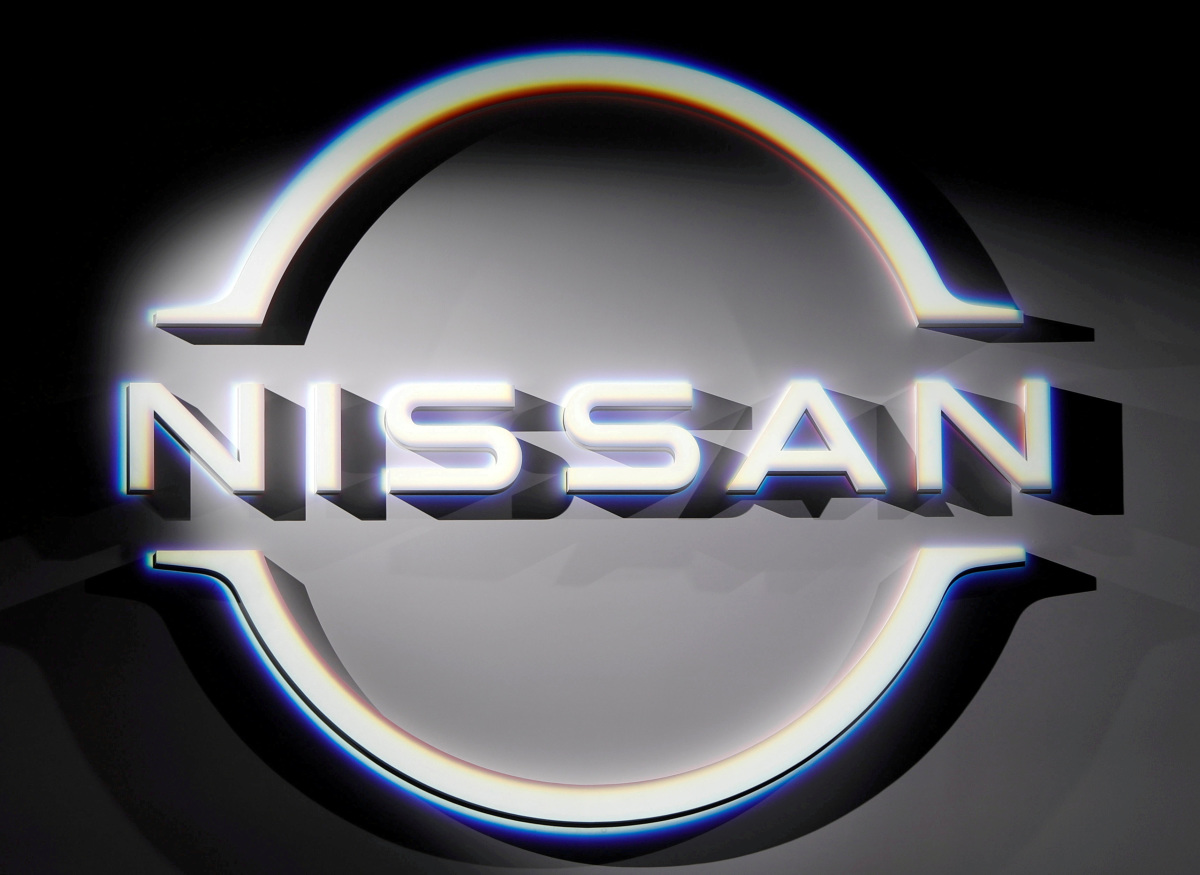Nissan, once a titan of the automotive world, is now teetering on the brink of collapse, jeopardising the livelihoods of 7,000 UK workers. Amid the crisis, financial mismanagement, fierce competition, and an inability to adapt to market changes have left the Japanese automaker grappling with an uncertain future.
Leadership Shake-Up Amid Financial Turmoil
The situation worsened when Stephen Ma, Nissan’s Chief Financial Officer, resigned during the company’s battle against looming bankruptcy. The Financial Times reports that Nissan is at risk of amassing a record debt of £4.4 billion ($5.6 billion) by 2026, with global sales plummeting 3.8% to 1.59 million vehicles in the first half of this fiscal year. This downturn, largely driven by a 14.3% decline in the Chinese market, highlights the company’s struggle to remain competitive.
Makoto Uchida, Nissan’s CEO, has implemented drastic cost-cutting measures, including reducing global production capacity by 20% and slashing £2 billion ($2.6 billion) in costs. Yet, insiders fear these efforts may be too little, too late to stave off collapse.
Competition from China: A Game-Changer
The rise of affordable Chinese electric vehicles (EVs) has been a pivotal factor in Nissan’s decline. According to Bloomberg, Chinese automaker BYD has outpaced global giants, reporting £22 billion ($28.2 billion) in quarterly revenue compared to Tesla’s £19.7 billion ($25.2 billion). Brands like BYD, Geely, and Chery are capturing significant market share with low-cost, innovative EVs, leaving traditional automakers like Nissan struggling to keep up.
Makoto Uchida admitted that Nissan underestimated the popularity of hybrid and plug-in hybrid vehicles. He stated, “This has been a lesson learned. We weren’t able to foresee that hybrid electric vehicles would become so popular.” This failure, coupled with the influx of cheaper EVs from China, has eroded Nissan’s market share significantly.
Sunderland Plant: Uncertain Future
The crisis has cast a shadow over Nissan’s Sunderland plant, the UK’s largest car manufacturing site, which employs approximately 6,000 workers. Local leaders fear that factory closures could devastate the regional economy. According to The Financial Times, a senior Nissan official ominously warned, “We have 12 or 14 months to survive.”
In a November press briefing, Hideyuki Sakamoto, Nissan’s head of manufacturing, confirmed plans to cut production capacity further by adjusting line speeds and shift patterns to maximise efficiency. However, these measures may not be enough to secure the plant’s future.
Strategic Alliances on the Verge of Collapse
Adding to Nissan’s woes is the likely dissolution of its 1999 alliance with Renault and Mitsubishi. Renault may reduce its financial stake in Nissan, further destabilising the company. This strategic disintegration could leave Nissan scrambling for government assistance or new partnerships to survive.
A glimmer of hope lies in a potential alliance with Honda, Japan’s second-largest automaker. Analysts speculate that Honda could acquire a stake in Nissan as a last-ditch effort to stabilise the company. However, this move remains uncertain, with experts suggesting it would be a high-risk strategy for both automakers.
As Chinese EV makers dominate the global stage, Nissan’s failure to innovate and adapt has left it vulnerable. For the 7,000 UK workers whose livelihoods are at stake, the coming months will determine whether Nissan can overcome its existential crisis or become another casualty of the evolving automotive landscape.

